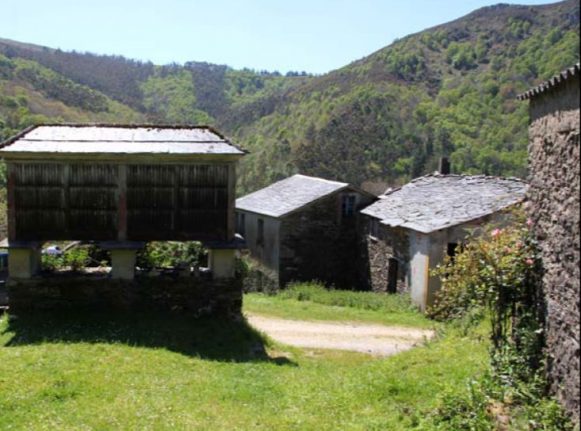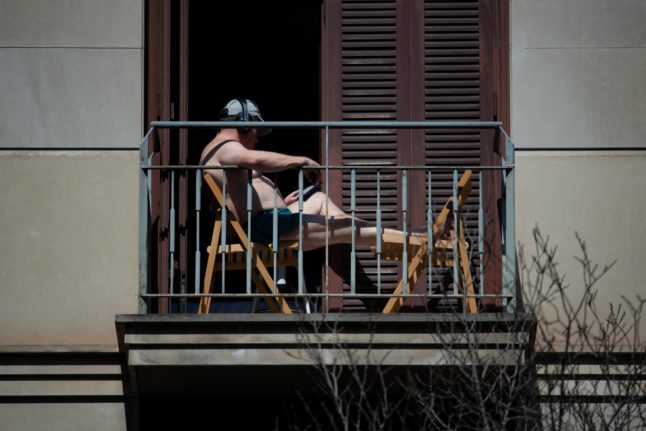With property prices on the rise in Spain’s big cities, why not consider investing in a restoration project with a group of friends?
READ MORE: Group of friends buy entire abandoned Spanish village to fulfil retirement dream
There are an estimated 3,000 abandoned villages in Spain, mainly to be found in Galicia, Castilla y León, Aragon and Asturias and although many don't have the correct paperwork for immediate sale, there are hundreds on the market at any one time.
Here’s a look at what’s on the market right now:
Galicia
This abandoned village in the A Coruña province in the north of Galicia is offered for €220,000 by Galician Rustic.
It has 4 houses (only one of which in currently inhabitable) three barns and a large cattle shed.
And comes with land of approximately 100 acres much of which is forested.
Asturias

A semi-rural farm in Asturias set within acres of fruit trees with numerous outbuildings that could be converted into dwellings offering a total of more than 800m2 of living space.
The property, offered by Aldeas Abandonados, also has a wine cellar and is bordered by two rivers and is on the market for €145,7000
Almeria

This hamlet consists of 3 buildings in total; a fully renovated one bedroom ‘casita’ and two others in various states of ruin, including a large cortijo, set within 2.3 hectares of almond groves.
The property, offered by Aldeas Abandonados, is located between Granada and Almeria and is on the market at €190,000
Catalonia

An entire abandoned village consisting of 14 houses (in ruins) set with 82 hectares of forested hills and hunting grounds is being offered in Querol, Tarragona.
All for the price of €280,000
Gran Canaria, Canary Islands

For those looking for a project that offers winter sun, there’s an opportunity in Santa Lucia de Tirajana on the Canary Island of Gran Canaria.
Consisting of a total of four houses, two of which are in total need of renovation, on a plot planted with palm trees, this property is on the market at €380,000.
Murcia

For those who don’t want the bother of doing somewhere up from scratch this aldea in Murcia is ready to move into and develop a thriving rural tourism business.
Teetering on a hillside, it consists of a main house with six bedrooms and six bathrooms (perfect for a casa rural) as well as five separate apartments, a swimming pool, barbeque area and its very own windmill!
Located 45 minutes from the regional capital Murcia and an hour’s drive from the beach, it’s offered at €390,000 which is still less than a decent two-bedroom flat in a fashionable area in either Madrid or Barcelona.
READ MORE:
- Property in Spain: Why choose Valencia?
- How not to buy a house in Spain: The top five pitfalls to avoid
- Ten properties in Spain you can buy for just €60k




 Please whitelist us to continue reading.
Please whitelist us to continue reading.
Member comments